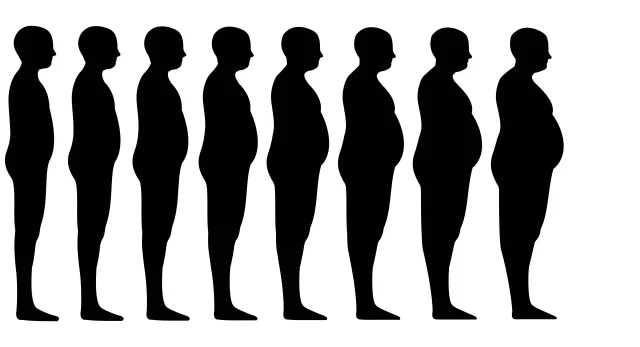
Measurement Error in Earnings Data in the Health and Retirement Study
Abstract
We provide new evidence on the extent of measurement error in respondent-reported earnings data by exploiting detailed W-2 records matched to older workers in the Health and Retirement Study (HRS). Our empirical findings are qualitatively consistent with the findings of previous studies. Mean measurement error in the 1991 HRS earnings data for men is somewhat larger than what has been found in other validation studies, but is still modest, averaging about 0.059 log points, approximately 5.9 percent, or $1,500. For women in 1991, it is 0.067 log points, approximately 6.7 percent, or $916. We find a negative correlation between the measurement error and the true value of earnings as measured by the W-2 records, which indicates the presence of non-classical measurement error. For men and women, this error shows little correlation with a standard set of cross-sectional earnings determinants. The one exception is that the measurement error rises with reported education. The bias on the OLS parameter estimate of the impact of having a college degree or higher (relative to a high school drop-out) from using the respondent-reported rather than the W-2 earnings is positive and estimated to be 0.071 log points, or roughly a bias of 7 percent.







